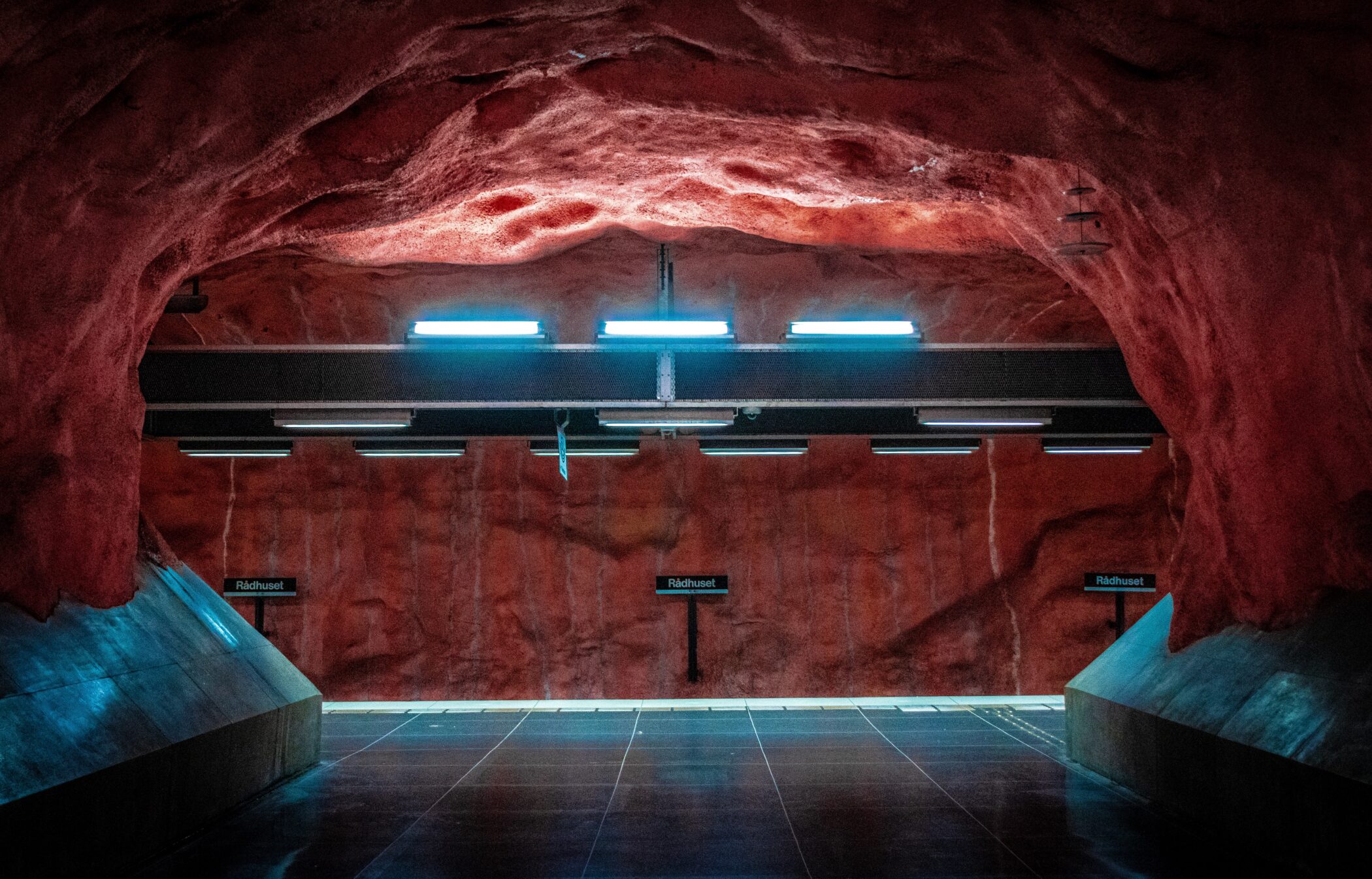Flash Pack has collaborated with a futurologist to predict how mind-blowing tech and changing attitudes will shape the next decade of travel. Rose Dykins reports
Flash Pack has teamed up with futurologist and Futurizon founder Dr Ian Peterson to forecast how technology will impact people’s travel behaviour and choices over the next decade.
An adventure travel company for solo travellers in their 30s and 40s, Flash Pack aims to connect likeminded people through authentic experience-led adventures. Dr Ian Peterson is a futurologist with 30 years’ experience who correctly predicted text messages would become a pervasive way to communicate.
The collaboration between Flash Pack and Dr Ian Peterson saw an in-depth exploration of the world of travel – from enhanced technology, overtourism and shifts in travel habits, to create travel predictions for 2023.
The first prediction is a reaction to the negative impacts of overtourism on the quality of consumers’ travel experiences. Flash Pack and Peterson forecast that generational travel habits and forward-thinking travel companies will seek to “offset” overtourism.
Research from Skift reveals millennials (those born after 1981) are overtaking baby boomers to become the largest generation of travellers in the US. This generation is more inclined to spend their disposable income on adventures that feel unique and “off-the-beaten-track”.
When combined with post-pandemic trend for finally booking bucket-list trips, Pearson predicts travel companies that focus on building authentic experiences based on destinations that are less well-known – such as diving with octopi in South Africa – will increasingly capture this sector of the market.

A second prediction for travel in 2033 is that AI technology will empower local and small travel businesses to monetise their services for tourists and reach new people more easily.
Flash Pack, for example, will be able to build on its work with on-the-ground guides and further harness local knowledge through AI. This could take the form pre-trip “avatar” guides that provide local recommendations. AI could also remove logistical barriers to activities and classes offered by local community and make it simpler for providers to monetise these offerings.
Flash Pack and Peterson also forecast how tech such as mixed-reality (MR) drones and synthetic avatars will begin to compete with the work of influencers.
Back in 2014, the selfie stick was the calling card of a tourist, whereas in more recent years, travel influencers have made used of drones and other content-capturing tools in their work. Coming soon, more advanced forms of tech will inspire more travellers – not just influencers – to capture their own top-quality content.
By 2030, we will see more brands incorporating synthetic avatars (virtual humans) customisable to each individual to influence their travel decisions. By 2028, MR headsets will allow travellers to inhabit drones – as if they are actually flying within them – and experience views and places that have never been seen before.
By the late 2030s. it may even already be possible for travellers to go one step further and link MR technology to their nervous system. This would mean they could not only share what their holiday looked like, but how it felt – such as the feel of healing silica mud in Iceland on their skin. This kind of technology could arrive by 2030, becoming more widely adopted by 2040.
A final travel prediction from Flash Pack and Peterson forecasts how Augmented Reality (AR) technology and “robotic travel buddies” will enhance travellers’ journeys from start to finish.
From the moment they start their journey, travellers will make use of AR tech, that could be in the form of an earring or a bracelet by the 2030s. The AR will know everything about the traveller, and will use this intelligence to make personal recommendations about hotels and activities to try in a destination in a matter of seconds. AR will also help provide instant language translation.
Meanwhile, robots will be on hand to carry travellers’ luggage through airports or providing an exoskeleton – which can support enhance human strength to help support the wrigh of a backpack, and enhance the mobility of travellers with disabilities, meaning they can participate in activities that would otherwise be more difficult.
Lee Thompson, co-founder of Flash Pack, says: “As we take a magnifying glass to travellers’ habits and expectations, it becomes clear that Flash Pack’s number one priority as a brand – to curate unforgettable experience-led adventures, maximising the skills of locals and in-the-know guides – will become even more exciting and rich in possibilities.
“As new technology emerges, we feel this is only going to improve the solo travel experience, better connecting people with the world around them, their fellow travellers and their local in-the-know guides.”

